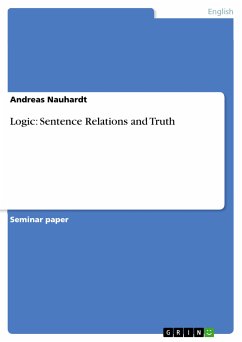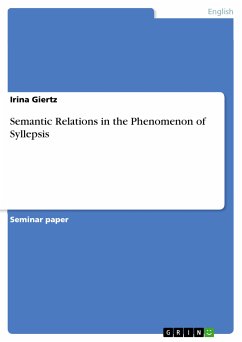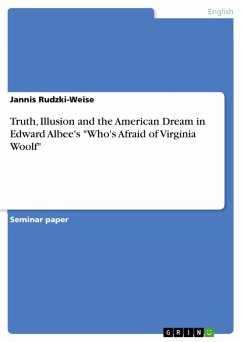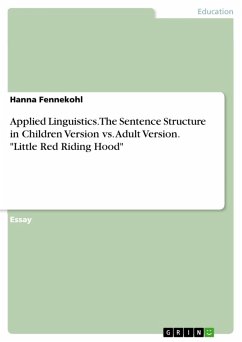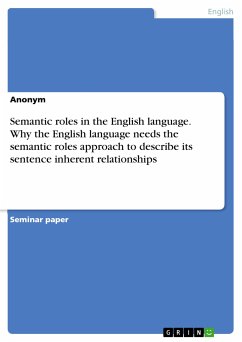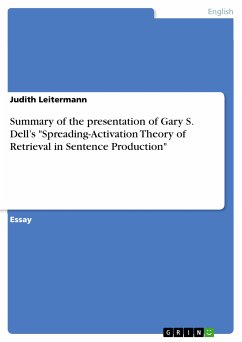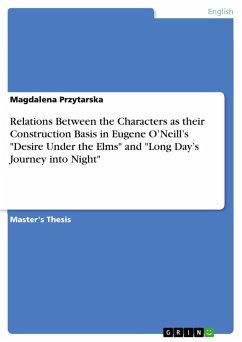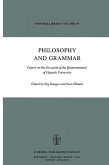Seminar paper from the year 2009 in the subject English Language and Literature Studies - Linguistics, grade: 1, Martin Luther University (Institut für Anglistik und Amerikanistik), course: Hauptseminar 'Semantics', language: English, abstract: According to Galileo Galilei "all truths are easy to understand once they are discovered; the point is to discover them." Proving the truth values of sentences has been of peculiar interest for thousands of years and philosophers as well as mathematicians worldwide have tried to grasp this enormously complex matter. The intricacy of truth even begins with the definition of the object. Even Alfred Tarski, a Polish-American mathematician and one of the greatest logicians of the twentieth century, stated that the main problem is a satisfactory definition of truth. Obviously, discovering the truth of statements is a rather difficult task to undertake. Howsoever, in this paper we illustrate various semantic relations and theories as well as logical tools which help to establish the truth.
Dieser Download kann aus rechtlichen Gründen nur mit Rechnungsadresse in A, B, BG, CY, CZ, D, DK, EW, E, FIN, F, GR, HR, H, IRL, I, LT, L, LR, M, NL, PL, P, R, S, SLO, SK ausgeliefert werden.

